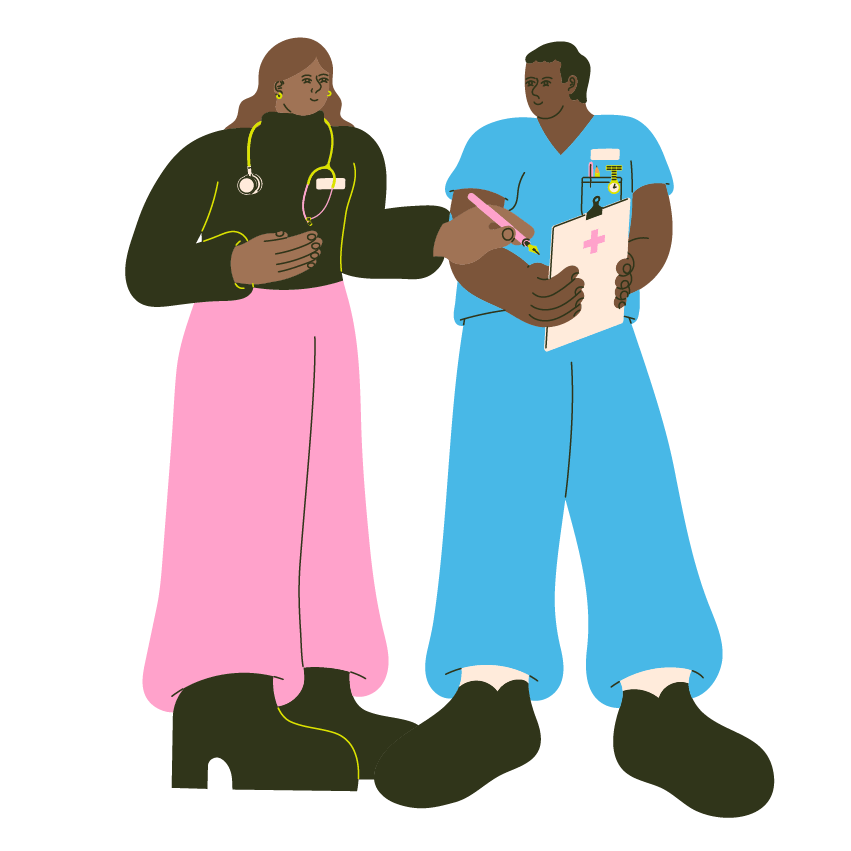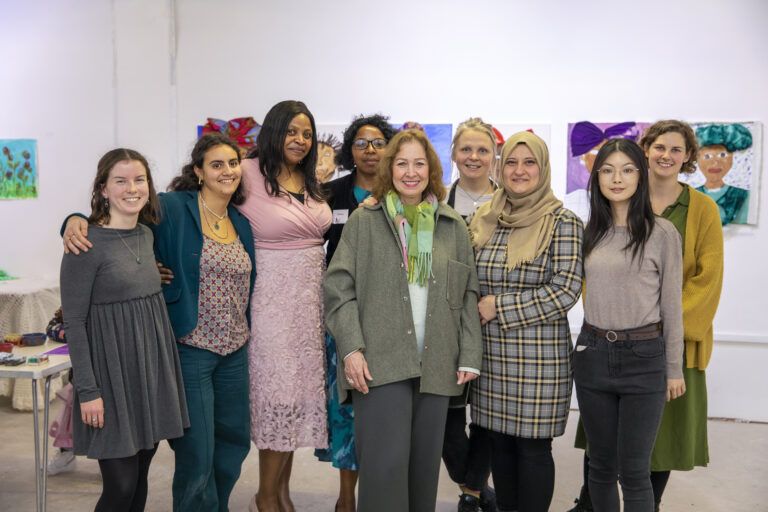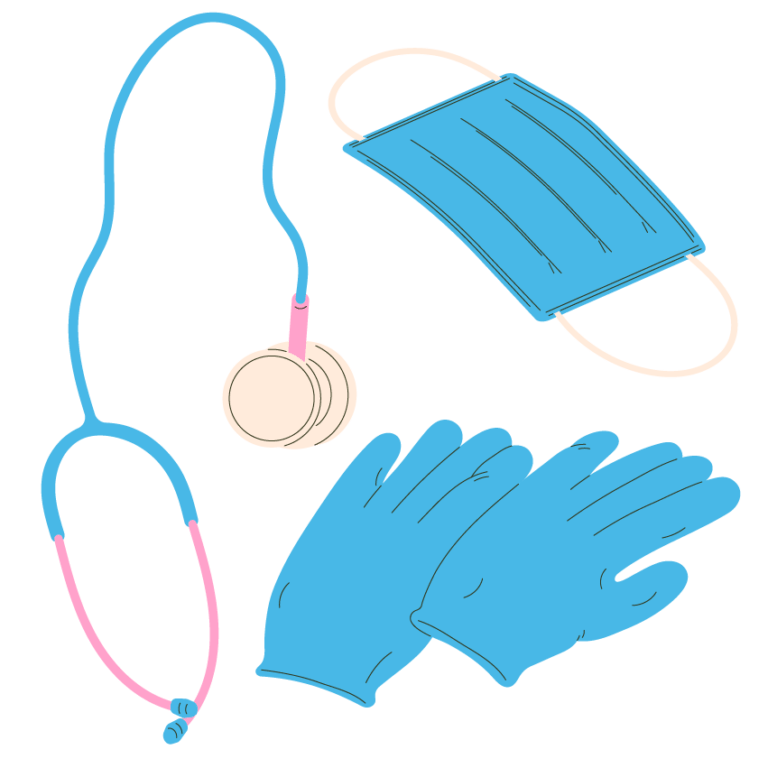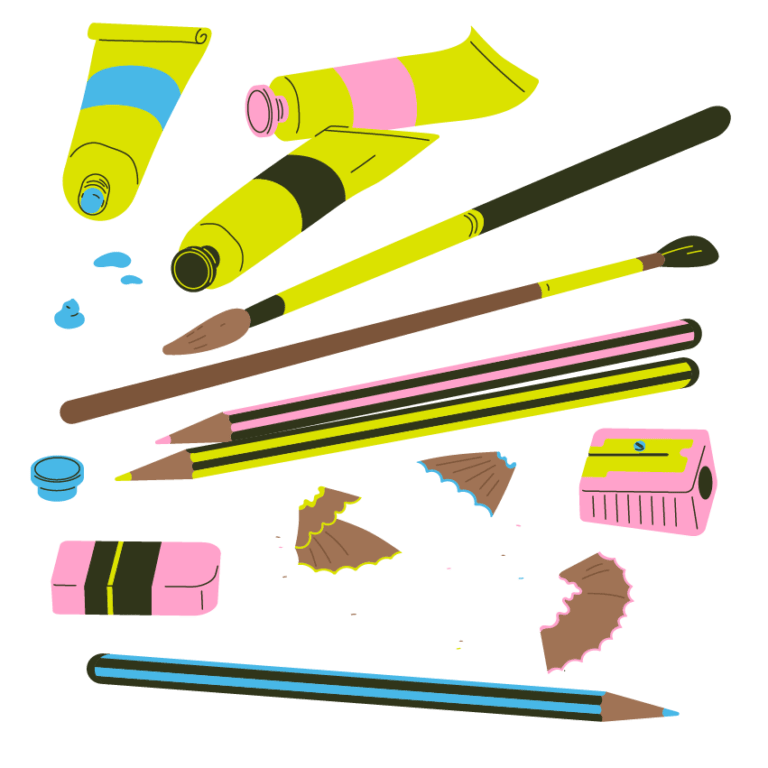We wanted to provide culturally sensitive health services to people who have fled their home country in search of a better life and self-sufficiency in Scotland through a range of health-related interventions, including health orientation and education, health screening, peer support and provision of information on accessing health services and obtaining ongoing health care.
The Braveheart Association


We aim to build on interventions which have proved successful in addressing barriers to refugees accessing health and social care services and preventing them from achieving their health goals.
We want to ensure that refugees across Falkirk, Clackmannanshire and Stirling are informed of health services, and enable them to take decisions and actions affecting their individual health.
Key Information
Project partner
NHS Forth Valley’s Public Health Team
Geographical reach
Clackmannanshire, Falkirk, Stirling
Dates
01/09/2021 – 30/11/2022
Target Groups
Older people, Younger people, Refugees, Socio-economic disadvantage
Project Type
Spreading good practice
Background
It has become clear from Braveheart’s work with the local refugee population in Falkirk that its members lack information about and access to health care services including health promotion and disease prevention. Resettled refugees’ access to health care depends on their ability to navigate the healthcare systems in their new country. There are many barriers that refugees have expressed which must be overcome in order to receive effective healthcare, including language difficulties and cultural differences. These challenges existed before the pandemic, but they have been exacerbated by coronavirus and changes to the health system as a result of the lockdown.
Impact
We can confidently report that the Resilient Communities project achieved most of the intended outcomes and was particularly successful in:
- Promoting Healthcare Navigation Skills and supported refugees to develop their skills and greater confidence in accessing health and social care for themselves and their families
- Strengthening Community Action by empowering women with respect to health, and becoming catalysts for positive health outcomes
- Developing personal skills and peer support, enabling people to learn about and cope with their illness (self-management), language proficiency and building confidence for accessing and utilising health services
- Improving health literacy among refugees to promote personal and social development for improved health
- Being inclusive and responsive to cultural and linguistic needs, providing language support and cultural ambassadors and developing resources and training opportunities
6. Developing Community Health Champions and delivering consistent messages based on the Refugee Integration Framework and Public Health Strategy through training, supporting staff, volunteers, and peer health champions. The programme utilised a community development approach, was person centred, culturally responsive and focused on empowerment.

Challenges encountered
We were generally successful in reaching the indented target groups for this project although we find it somehow challenging reaching some particular sub-groups such as older people, men and also those from the Afghan community.
Some other challenges included:
- Wide variation in English proficiency, different ethnic backgrounds and education levels, making it difficult sometimes to deliver the activities in the same format for all.
- Data collection: We found that service users’ compliance with submitting completed questionnaires were considerably challenging and needed lots of prompting and reminding which meant more staff time has been allocated to this and has slowed our data collection and slightly changed the frequency of data collection.
We were unable to deliver the planned activity of awareness workshops and information leaflets for health care providers due to the current high pressure on the health and social care system particularly the primary care.
Another challenge was finding a professional basketball coach who could assist the group of girls in the sessions. This is currently still an outstanding challenge as this position is voluntary and unpaid. Nevertheless we continue our efforts to find the right coach because our girls are very enthusiastic in continuing to play and learn.
Solutions
Social networks and relationships are the building block for improving health awareness and capacity in the community. As a strong community-based and volunteer-led organisation, we have been able to leverage those relationships to promote the Project and integrate activities into our existing projects.
Reflections
According to our evaluation, we think that the project worked really well and was generally welcomed by the majority of our target audience. We assume and hope that this project had contributed positively towards the delivery of the New Scots refugee integration strategy 2018-2022 and helped to promote effective integration of refugees.
The project worked particularly well in the following areas which we believe are key to successful integration:
- Promoted the health and wellbeing of refugees in an inclusive holistic manner
- Involve refugees in the design and delivery of the project
- Addressed language, cultural and structural barriers
- Developed accessible information materials on relevant health topics and screening programmes
- Increased access to care prevention programmes
Raised the awareness among refugees of the importance of good physical and mental health


